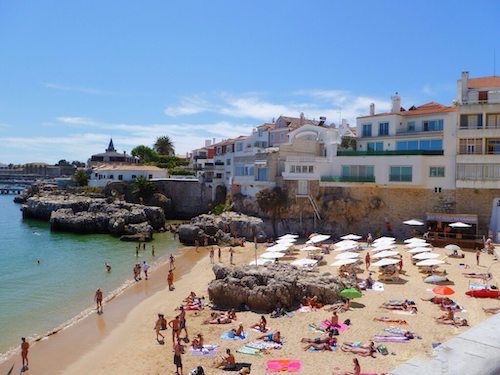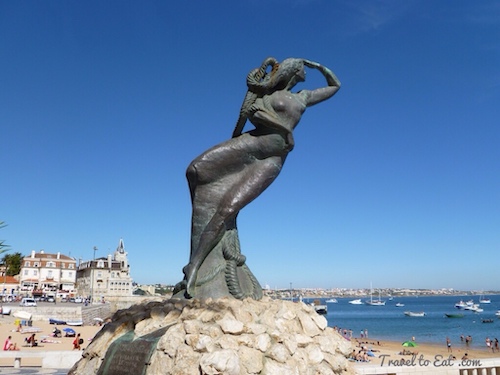
The coastal settlement of Cascais originated in the 12th century, depending administratively on the town of Sintra, located to the north. In its humble beginnings, Cascais lived from the products of the sea and land, but by the 13th century, its fish production served the capital Lisbon, located nearby. During the 14th century, the population increased to the outside of the walls of its castle. Its prosperity led to the administrative independence from Sintra in 1364. This statue is Cascais’ version of the Monument to the Discoveries, which commemorates Portugal’s early sea-faring heritage.
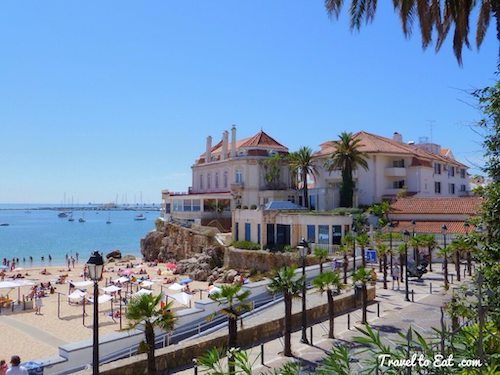
In 1755, the great Lisbon earthquake destroyed a large portion of the village. Around 1774, the Marquis of Pombal, prime-minister of King José I, took protective measures for the commercialization of the wine of Carcavelos and established the Royal Factory of Wool in the village, which existed until the early 19th century. During the invasion of Portugal by Napoleonic troops in 1807, the Citadel of Cascais was occupied by the French, with General Junot staying some time in the village.
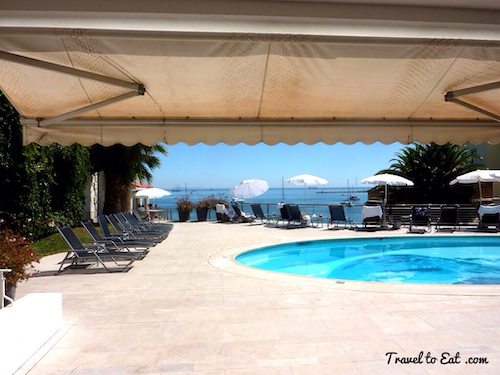
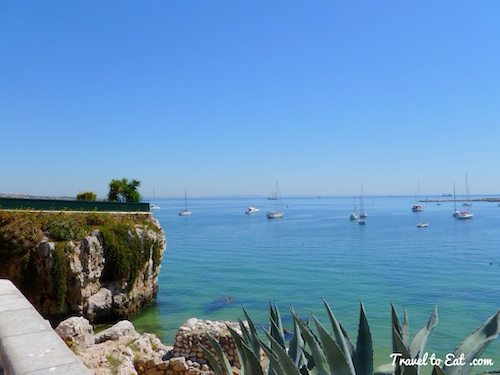
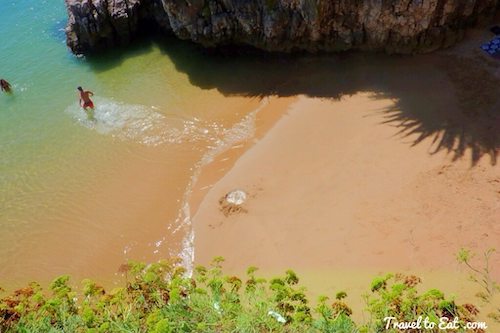
We had lunch at the Hotel Albatroz, fabulous ocean views and a little private cove and beach. The food was good, not great.
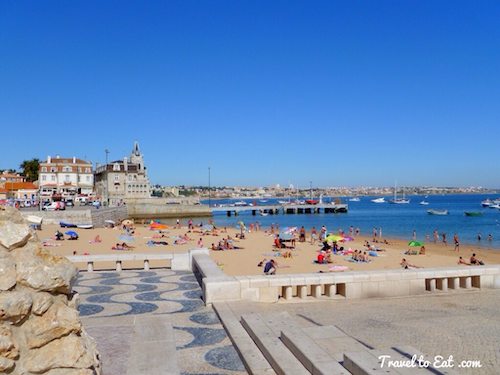
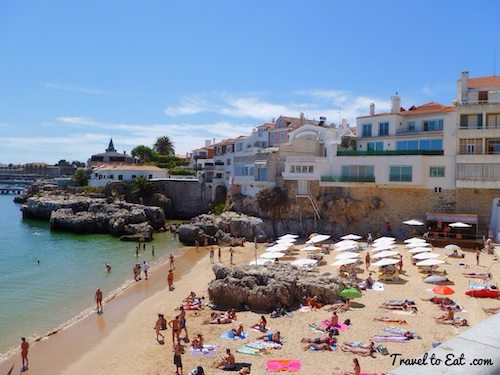
Another important step development of the area was given in the first half of the 20th century in neighbouring Estoril, in which a casino was built and the infrastructure for luxury vacations was created around Monte Estoril.
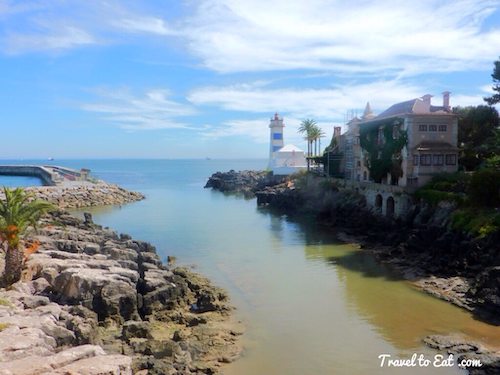
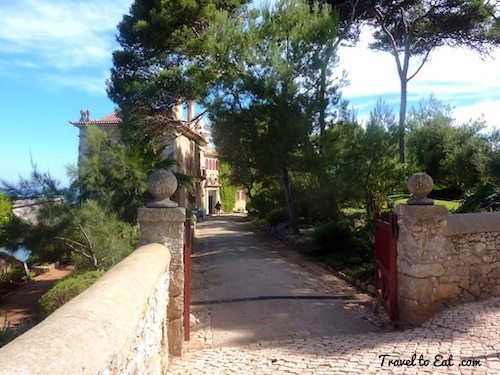
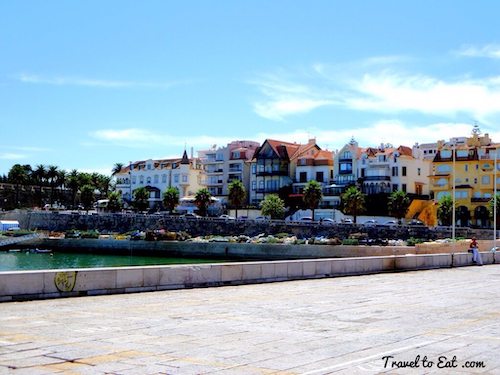
Due to Portugal’s neutrality in World War II and the town’s elegance and royal past, Cascais became home to many of the exiled royal families of Europe, including those of Spain, Italy, Hungary and Bulgaria.
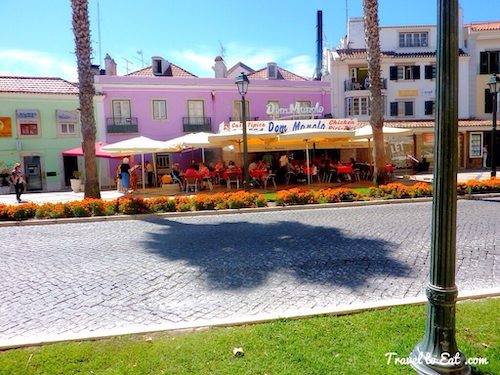
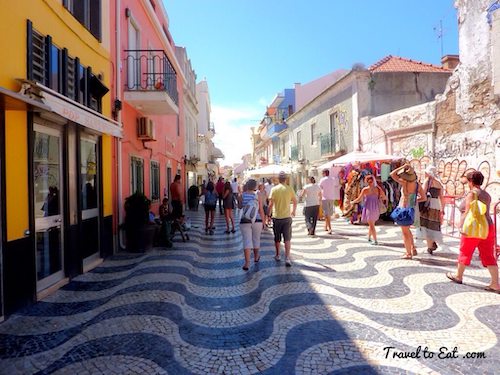
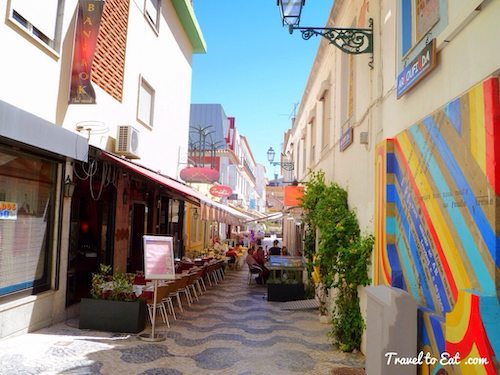
Nowadays, Cascais and its surroundings are a famous vacation spot for the Portuguese and foreign visitors.
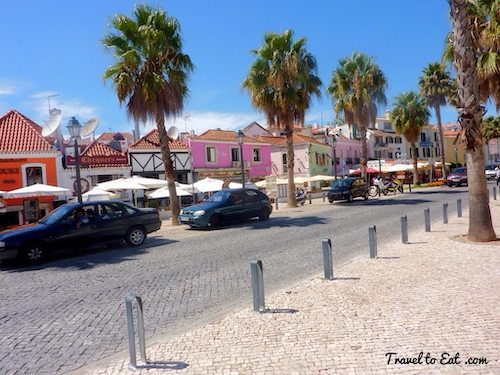
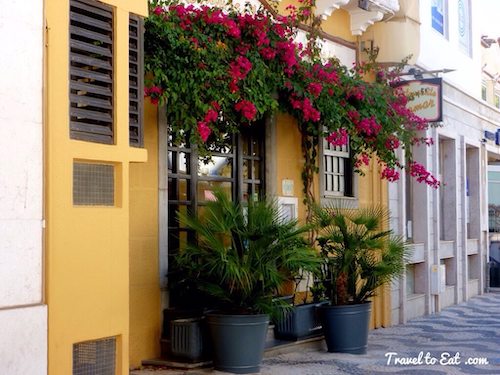
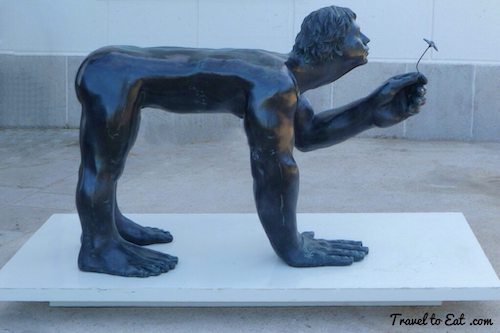
To me the town is a lot like Laguna Beach in California. Lots of boats, parks, art and amenities, including small shops, hotels with fabulous views and restaurants.
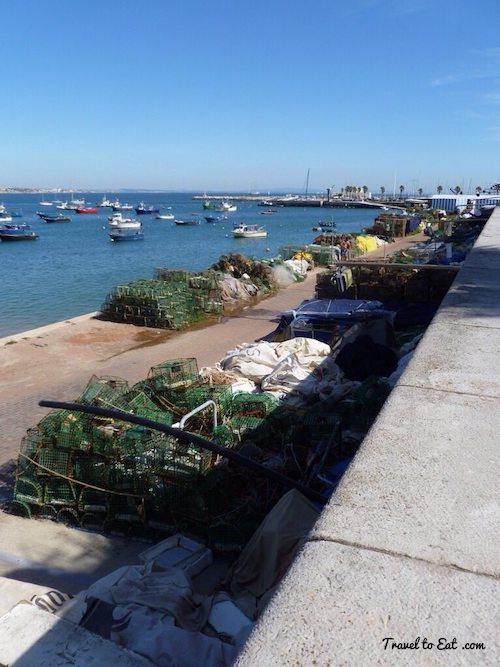
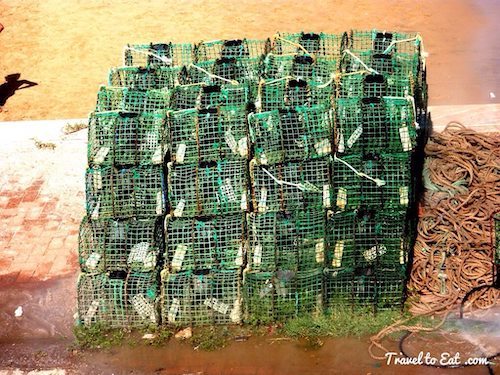
Fishing is a major economic activity in Portugal. The country has a long tradition in the sector, and is among the countries in the world with the highest fish consumption per capita. Roman ruins of fish processing facilities were found across the Portuguese coast. Fish has been an important staple for the entire Portuguese population, at least since the Portuguese Age of Discovery.
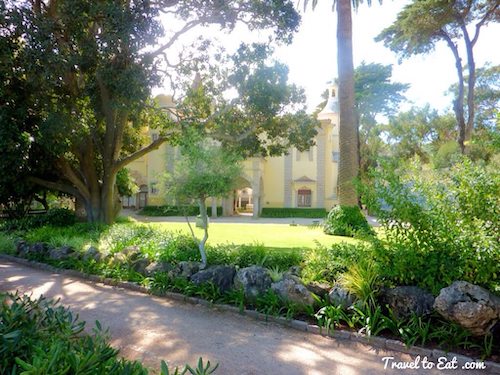
In 1910, this palace was sold to the Condes de Castro Guimarães, who after carrying out some changes, lived there most of the year. The taste of the couple was reflected the acquisition of furniture and art pieces representing various eras. Inside, many of its rooms have been preserved just as the last residents left them, showcasing a collection of decorative art made up of a wealth of artifacts in gold and silver, ceramics, sculpture, and fine furniture. There is also a library with over 25,000 volumes, which can be consulted by researchers and students. The Count really enjoyed this magnificent palace. When he died in 1927, he left in his will, the house and property to the municipality of Cascais, the beginning of the Museum and Public Garden of Cascais. The Library-Museum Condes de Castro Guimarães was officially inaugurated on July 12, 1931, and was for many years the only one existing in the municipality of Cascais.
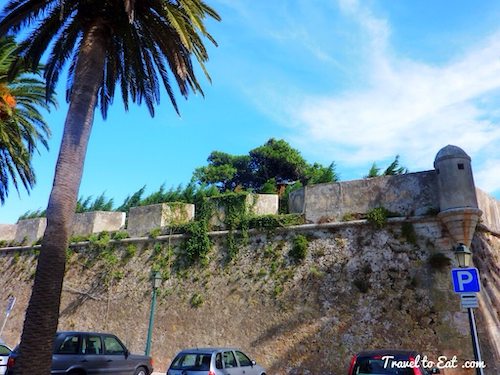
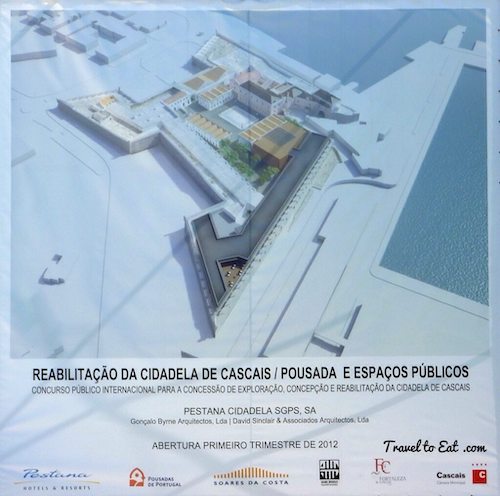
Around 1488, King John II built a small fortress in the village, located by the sea. This medieval fortress was not enough to repel the invasion and in 1580, Spanish troops led by the Duque of Alba took the village during the conflict that led to the union of the Portuguese and Spanish crowns. The fortress was enlarged towards the end of the 16th century by King Philip I (Philip II of Spain), turning it into a typical renaissance citadel with the characteristic flat profile and star-shaped floorplan. Various fortresses were built on the coast around Cascais during the 17th century, and many of them still exist. In 1896, King Carlos I, a lover of all maritime activities, installed in the citadel the first oceanographic laboratory in Portugal. The King himself led a total of 12 scientific expeditions to the coast, only ended in 1908 with his assassination in Lisbon. The castle is undergoing rehabilitation.
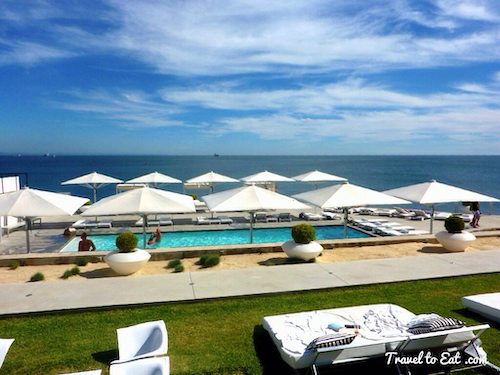
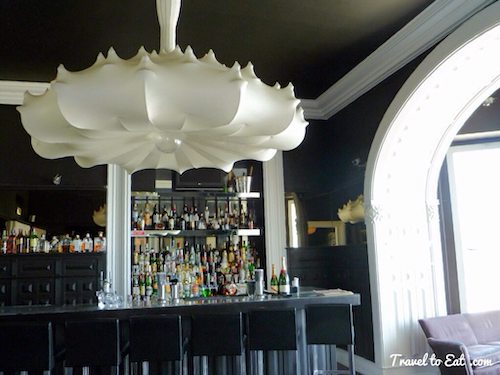
At the end of little walk through Cascais we ended up at a lovely hotel named Farol Design. The hotel staff was friendly and the location splendid. A great hotel in a truly dramatic setting, just a short walk (or run) from the main part of the town.
References:
Hotel Albatroz: http://albatrozhotels.com/
Hotel Farol Design: http://www.farol.com.pt/en/
Cascais Info: http://www.cascaisportugal.org/

